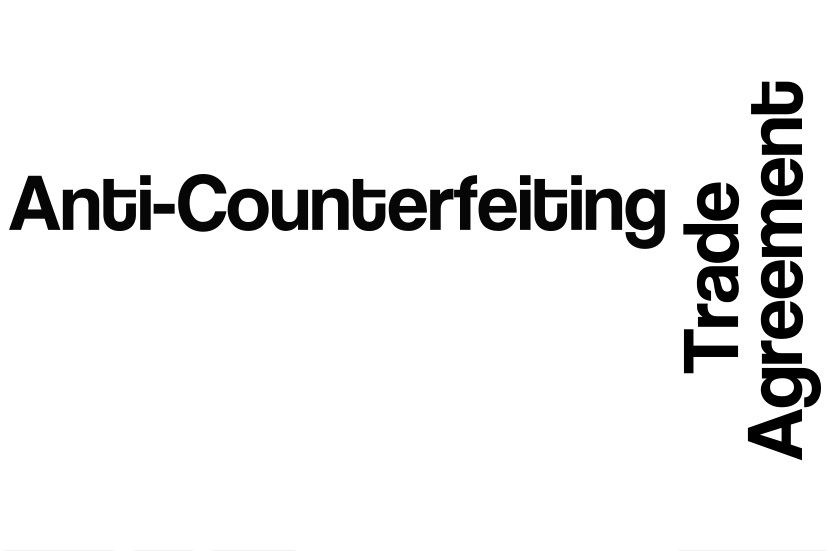ACTA: International Trade Negotiators Drop ISP Liability, Anti-Circumvention Provisions Still In
SAN FRANCISCO, September 7, 2010 – International trade negotiators have dropped a controversial secondary liability provision regarding online copyright infringement, but still appear to be haggling over the anti-circumvention provisions, a leaked copy of an August version of the Anti-Counterfeiting

SAN FRANCISCO, September 7, 2010 – International trade negotiators have dropped a controversial secondary liability provision regarding online copyright infringement, but still appear to be haggling over the anti-circumvention provisions of an international intellectual property enforcement agreement, a leaked copy of an August version of the agreement shows.
A copy was first posted on Sunday on the blog of Knowledge Economy International, a Washington, DC non-profit that has opposed many provisions of the Anti-Counterfeiting Trade Agreement. A spokesperson for the United States Trade Representative did not respond to a request for confirmation about the authenticity of the document at the time of this posting.
The August draft of the ACTA agreement says that it reflects the changes made during the latest round of negotiations, which occurred in Washington, DC.
Regarding intermediaries’ liabilities for their customers or users potentially infringing activities, the latest draft’s section on intellectual property rights’ enforcement “in the digital environment” simply says that “each party shall endeavor to promote cooperative efforts within the business community to effectively address … infringement while preserving legitimate competition and consistent with each Party’s law, preserving principles relating to freedom of expression, fair process, and privacy, [EU among other [US: fundamental] principles].”
The US apparently wants the section to focus on copyrights while the European Union and Japan wants the section to address intellectual property rights more broadly.
The section on anti-circumvention and digital rights management still appears to be up for grabs between the different countries. The document still contains a lot of square brackets and alternative wording.
In the United States, the ACTA has received widespread support from the US Chamber of Commerce, the entertainment industry, the Business Software Alliance, and other groups that rely on copyrights and trademarks for their survival.
But other technology companies and digital rights groups have been up in arms about the terms of the digital portion of this agreement because of the potential liabilities that it could have subjected them to abroad.
This latest draft of the agreement appears to have addressed some of those concerns with the elimination of the section about secondary liability.
Regarding digital locks and the legality of breaking through them, the draft contains language that says “each party may adopt and maintain exceptions or limitations” to the anti-circumvention measures, but quickly adds that this should be done only if these limitations don’t undermine the effectiveness of the legal remedies against entities that break through digital locks under ordinary circumstances.
Image courtesy of Wordle.net.








Member discussion